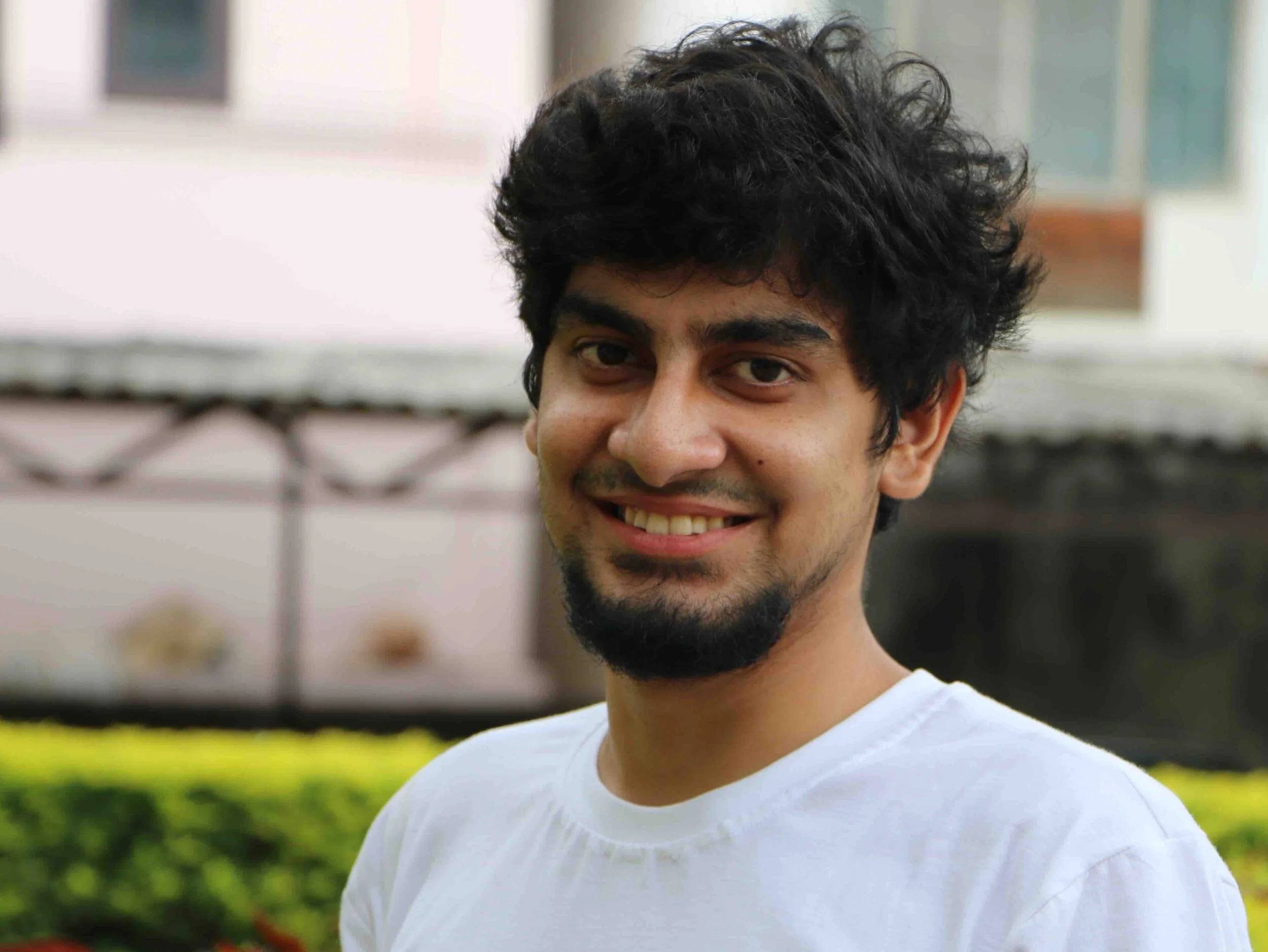This House Believes Social Media Platform Has No Right To Ban Politicians - 2021 Scholar Debate
Last month, the WHT scholars held the annual debate at the Oxford Union to debate the topic: “This house believes social media platform have no right to ban politicians”. The debate was motivated, among other things, by the ban on Donald Trump’s account by Twitter and Facebook in January, following the Capitol riots. This debate highlighted the divide plaguing our society over the rights of media platforms to regulate speech. Before I go on, let me reveal my bias here: my position on this, before the debate, was the same as the proposition. I do not believe that social media platforms should ban politicians, primarily because any censorship or ban one does not like starts with a censorship or a ban one likes.
The proposition here made some compelling points. Social media platforms have no right or capacity to manage what constitutes freedom of speech because they are private companies whose decision makers are not democratically elected. Therefore, institutions set up by the state should be relied upon instead. Historically, whenever companies have ‘run’ or managed the rights of populations, they have for obvious reasons infringed on the freedom of the masses. Secondly, the proposition argued that giving right to one kind of platform would translate into giving it to all forms of platforms. If the people being banned from the popular media platforms today start their own platforms tomorrow, they could in essence have the same rights of banning people. They could start their own echo chambers, denying any opposing views access to that platform.
The opposition provided thoughtful counter arguments. In the present scenario, if an ordinary citizen were to make hateful remarks or incite violence, they would certainly be penalized by the state for it. Why should a politician not be held to the same standards? Further, just because social media platforms are for profit, that doesn’t mean they cannot hold people accountable for their speech. ‘The status quo is not perfect, it is inadequate’. Social media has started to recognize its role in shaping public opinion and is taking steps to ensure it is for the common good. On the contrary, institutions set up by the state are not necessarily making progress on these grounds. Since they are in positions of immense power, social media platforms must take accountability of what goes on in their platforms, just like standard publishing houses (newspapers, television) do.
Herein lies the power of a successful debate. Both teams developed arguments in good faith and thoughtfully responded to each other. After the debate, I struggled to hold these conflicting thoughts in my head. My position on this issue is still the same, but the opposition successfully shook my intellectual grounding. I still have a strong opinion (about not letting social media platforms ban politicians), but it is much more weakly held.


